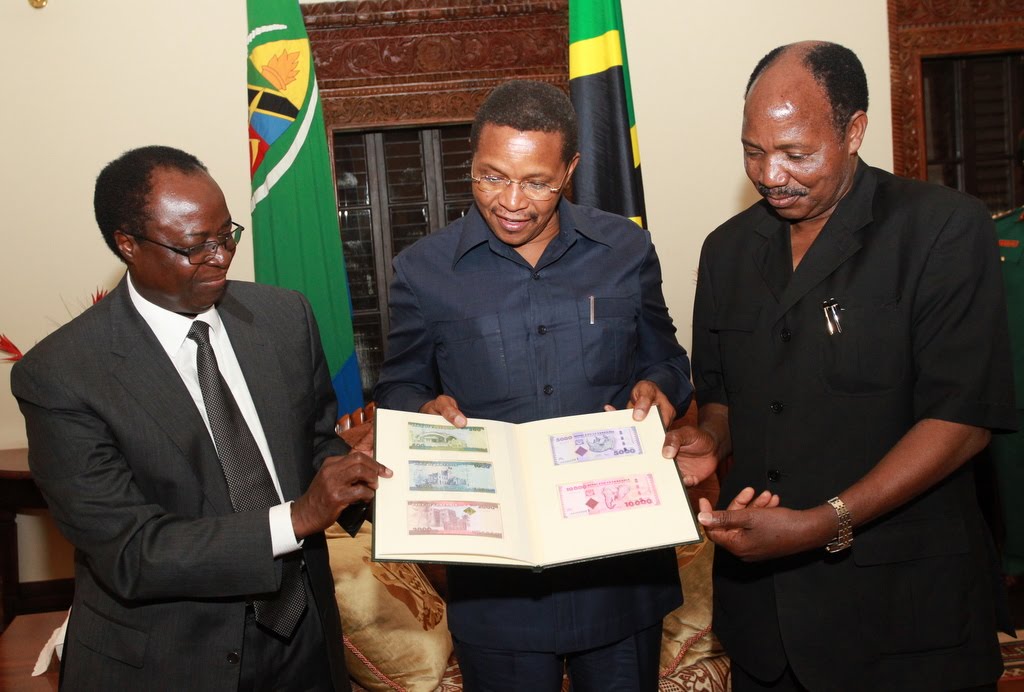
By : Katrina Manson @ FT
Tanzania has become the third east African country in as many months to discover the size of its economy is bigger than previously thought, benefiting from a surge of investment from gas explorers.
Tanzania joins neighbours Kenya and Uganda in their hefty upward revisions. Statisticians say the new estimate for the size of the economy in the country of 51m people is $41bn, 32 per cent more than previously estimated and the highest revision leading the east African pack, followed by Kenya (which rose 25 per cent at the end of September) and Uganda (13 per cent, also this month).
Together, the trio’s economies, which have a combined population of 84m people, are $24bn larger than previously thought – the equivalent of an extra $285 per person.
But no Tanzanian’s pocket will feel $285 fuller following the revision, which comes thanks to a statistical exercise. The country remains largely agrarian and poverty levels are high. Nevertheless, the exercise reveals the impact of the country’s prodigious gas discoveries as well as an explosion in mobile phone services – including a step-up in money transfer services – that finance minister Saada Mkuya referred to on Friday as an “ongoing… revolution”.
The economic upswing is a boost that may attract investors to a post-socialist country whose status as donor darling has finally come unstuck. In past months, Tanzania has been subsumed by a mounting corruption scandal over energy deals in a country that experiences frequent blackouts that severely hold back productive output.
Parliamentarians late this year determined that officials approved $122m in illegal payments of public funds to a private energy company last year. Donors froze nearly $500m in aid payments in the light of the scandal that has, this week, elicited the resignation of Attorney General Frederick Werema.
It is another blight ahead of elections expected next October, when president Jakaya Kikwete is due to stand down at a moment the country finds itself in flux – the constitution and the relationship between the mainland and archipelago Zanzibar is also under the microscope, in part because of the prospect of gas windfalls and how to divvy up the potential spoils.
The country, which has been growing at an average of 7 per cent for the past decade, has previously relied on gold exports for sustained growth, but gas offers a more significant boost.
Even so, international gas companies are yet to reach decision point on whether to build multi-billion-dollar gas facilities after finding more than 53tn cubic feet of gas. Although the earliest they could start to export gas is 2020, the impact on the economy is already felt in extensive imports to facilitate exploration drilling, as well as establishing offices and housing, operations and support services.
Following the revision, annual growth remains almost constant, at 7.3 per cent for last year. The revisions follow a decision by the National Bureau of Statistics to update its base year for determining GDP calculations to 2007, from an earlier baseline of 2001.
FRENCH VERSION



